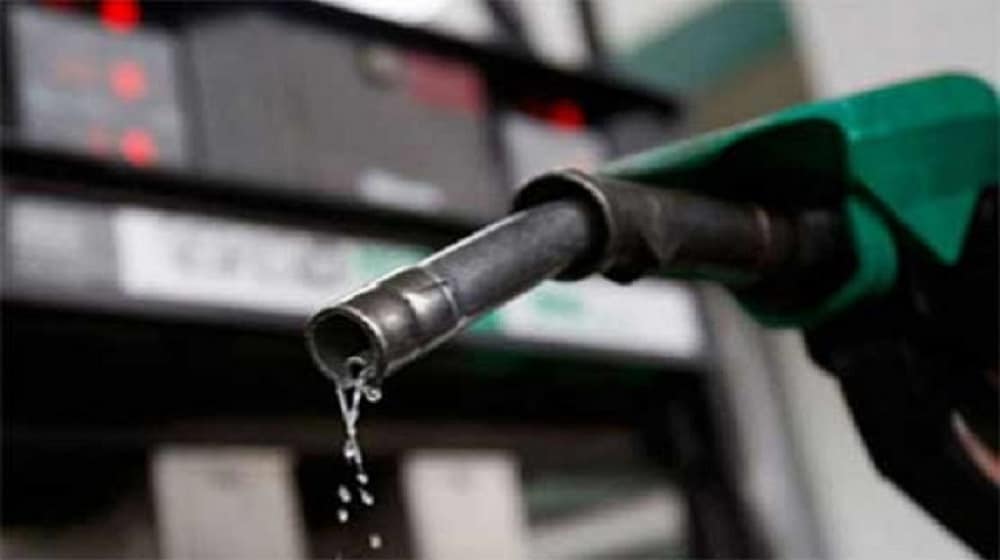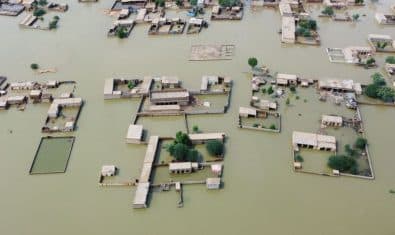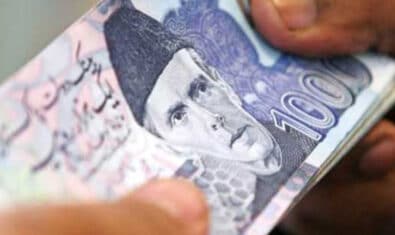Ministry of Petroleum recently set new standards for manganese content in petroleum products. It ordered the oil industry to phase out the metallic substance in fuels completely by 1st May, 2019.
This step was proposed after Honda Pakistan complained that large quantity of manganese in fuels had been choking the catalytic converters of its cars.
Unsurprisingly, the government’s decision has invited heavy criticism from the oil industry, who want it to be business as usual when it comes to the use of manganese in their products.
ALSO READ
Petroleum Ministry Sets Standard for Manganese in Petrol to Ensure Quality
The oil industry, especially the Attock Refinery Limited (ARL), has been dismayed by the new safety standards. According to the refinery, the implementation is a unilateral decision. It also believes that the government has set “unrealistic timelines”, that will only put “unnecessary strain on country’s already fast depleting foreign exchange reserves”.
Not just ARL, but other entities including Oil Companies Advisory Council (OCAC), Pakistan Refinery Limited (PRL), and Pak-Arab Refinery (PARCO) also followed suit.
OCAC says that following the new implementation will put an economic strain on Pakistan’s foreign reserves, as local production will reduce by 138,000 tonnes per year if the companies were to comply. Simultaneously, it would also increase naptha production per year by up to 102,000 tonnes. They say that it will need to be exported.
This will cause an economic imbalance for the country’s weakened infrastructure, the companies say.
Interestingly, it was also highlighted that the reduction in manganese will also push the industries to reduce throughput, so the turnover and production ratios on other products will also be affected. The industries have shown serious concern, and are content to continue this practice, even if it violates international safety standards.
It should be noted that the metallic content is also toxic for humans and can prove dangerous if inhaled. Manganese usually becomes part of the gases expelled by a car’s exhaust so its highly likely to affect most citizens. According to OGRA’s studies, manganese has been used to artificially increase the RON ratings of fuel sold in Pakistan.
ALSO READ
OGRA Tests Confirm Petrol is Damaging Car Engines in Pakistan
Japan Automobile Manufacturers Association (JAMA) representatives visited the country to test out petrol quality in the country, and concluded that the metal content was indeed much higher than international standards. It even violated the safety standards of the United Nations Economic Commission for Europe.
Following Honda’s complaint, the government set a limit of 40mg of manganese per one liter of petrol until May 2019, after which it will be entirely removed. OCAC has appealed to the authorities to reset the limit to 54mg per liter, and said that the refineries should continue their usual practice until the local producers are able to upgrade and sustain low metal content in fuel.






















funny they are adding additional manganese and when asked to stop they are saying it will increase country’s import bill and reduce oil refining capacity.
Taking a figure from this article, if they stop using manganese, an additional 138,000 tonnes of fuel will be needed that means an equivalent of 138,000 tonnes of manganese is currently being used in the fuel !!!!
More than 54mg’s per liter, yep.
Eik to CHori, ooper sey seena zoori…